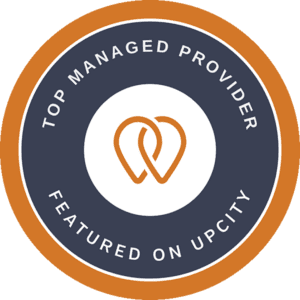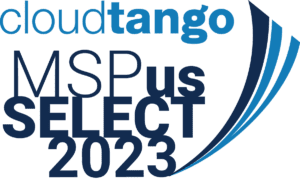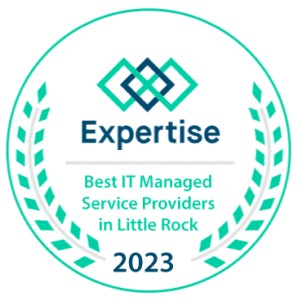Data is the new gold, but businesses are faced with the monumental task of managing and securing this asset, even though it’s an asset you can’t hold in your hands or lock in a vault. Cloud migration is a particular challenge, but when done right, it enables companies to achieve efficiency and scalability. Migration must be undertaken with utmost care to safeguard data security and privacy as part of an ethical technology commitment. At Edafio Technology Partners, one of the nation’s leading managed service providers, we can guide you through this critical journey.
Understanding the Risks in Cloud Data Migration
The migration process may expose sensitive data to unauthorized access. Incompatibilities between your on-premises and cloud environments could result in data loss. Moreover, failure to comply with data privacy regulations can have legal repercussions. Simply put: there’s a lot that could go wrong. 96% of organizations have experienced significant challenges when implementing their cloud strategy, with 35% of IT decision-makers reporting challenges around data privacy and security. So what do you do?
Expert help is essential, along with some basic best practices outlined below:
1. Develop a Strategy
Having a well-thought-out migration strategy is the first step in securing your data. This involves understanding the types of data you are moving and identifying which data might be sensitive or subject to regulation.
2. Encrypt Data
Encryption is a fundamental practice in data security. Ensure that data is encrypted both in transit during the migration and at rest once it is in the cloud.
3. Regularly Monitor and Audit
Continuously monitoring and auditing your cloud environment can help in early detection of any security vulnerabilities or unauthorized access attempts.
Diving Deeper Into the Migration Process
Choosing Service Models
The range of cloud service models available, like Infrastructure as a Service (IaaS), Platform as a Service (PaaS), and Software as a Service (SaaS), each present their own unique data security and privacy challenges.
With IaaS, businesses have the most control, but this also means they bear the most responsibility for data security. On the other hand, with SaaS, the service provider takes on a significant share of the security responsibility, but businesses need to trust that the provider is taking adequate measures. Choosing the right model is part of a successful migration, and having help to make the right decision is crucial.
Data Governance in the Cloud
Data governance is another critical aspect of ensuring data security and privacy. This involves classifying data and defining who can access different types of data. It also involves setting policies for how long data should be retained, where it should be stored, and when it should be deleted. Implementing effective data governance can reduce the risk of data breaches and non-compliance with regulations.
The Importance of a Data Protection Officer
Appointing a Data Protection Officer (DPO) can be a smart move, especially for businesses dealing with large volumes of sensitive data. A DPO can oversee data protection strategy and implementation, ensuring that data security and privacy are maintained during cloud migration and beyond.
Incorporating AI and Machine Learning
Artificial Intelligence (AI) and Machine Learning (ML) technologies can significantly enhance data security and privacy. AI-powered security tools can detect unusual patterns and potential threats, enabling businesses to respond quickly. Similarly, ML algorithms can be used to automate data classification and access control, improving data governance efficiency.
The Value of Regular Training
Regular training is essential to maintaining data security and privacy. Employees need to be aware of the best practices for handling data, the potential security threats they might encounter, and the company’s policies for data protection. Regular training ensures that data security and privacy are not just IT issues but are understood and prioritized across the organization.
Cloud Security Posture Management
Cloud Security Posture Management (CSPM) is a category of security tools that automate compliance monitoring, threat defense, and incident response in cloud environments. CSPM tools can provide continuous visibility into the cloud security posture, making it easier to identify and address vulnerabilities.
Ensuring Data Privacy
Understand and Comply with Regulations
Data privacy regulations such as GDPR and HIPAA impose strict requirements on how data should be handled. Understanding these regulations – including which of them apply to you and your data and which may not – is the only way to ensure compliance and protect both your data and your company.
Implement Access Controls
Limit who has access to sensitive data by implementing robust access controls. This includes using multifactor authentication and regularly reviewing access privileges. Always default to least-access. In other words, by default, any given employee does not have access. Only once you’ve determined someone’s job requires access should they be allowed to have it.
Risk Assessment and Continuous Improvement
Even once your migration is over, it’s important to regularly assess risks and make necessary improvements to your cloud security strategy regularly. This involves regular audits and penetration testing to identify vulnerabilities. It also involves staying up-to-date with the latest security trends and technologies. A trusted IT managed service provider like Edafio can provide valuable support in this ongoing process, ensuring that you can confidently and securely make the most of the opportunities offered by cloud technology.
IT Managed Services and Ethical Technology
A lack of cloud security skills and expertise is a concern for 34% of businesses, and 25% report challengesaround securing cloud resources. The complexity of ensuring data security and privacy often exceeds the expertise of in-house IT teams, but IT-managed services offer a wealth of experience and resources. At Edafio, for instance, we have a team of certified professionals committed to client success, with skills in services that range from network management to cybersecurity. We are UCS/SOC 2 Type 2 Certified, ensuring a high level of trust.
What sets Edafio apart is our commitment to client’s success and our unquestionable integrity. With a strong local presence in our community, we serve clients across the digitally connected world with humility and respect. We are not just a technology service provider; we are a partner driven by empathy and human motivations.
Ensuring data security and privacy in cloud data migration is a multifaceted challenge that requires a strategic approach and adherence to best practices. While in-house teams may lack the necessary expertise, partnering with an IT managed service like Edafio Technology Partners provides you with the resources and experience required for a secure and smooth cloud migration. As you take steps to secure your data, consider enlisting the support of a partner that shares your values and commitment to success. Reach out to Edafio today, and let’s build your secure future in the cloud together.








